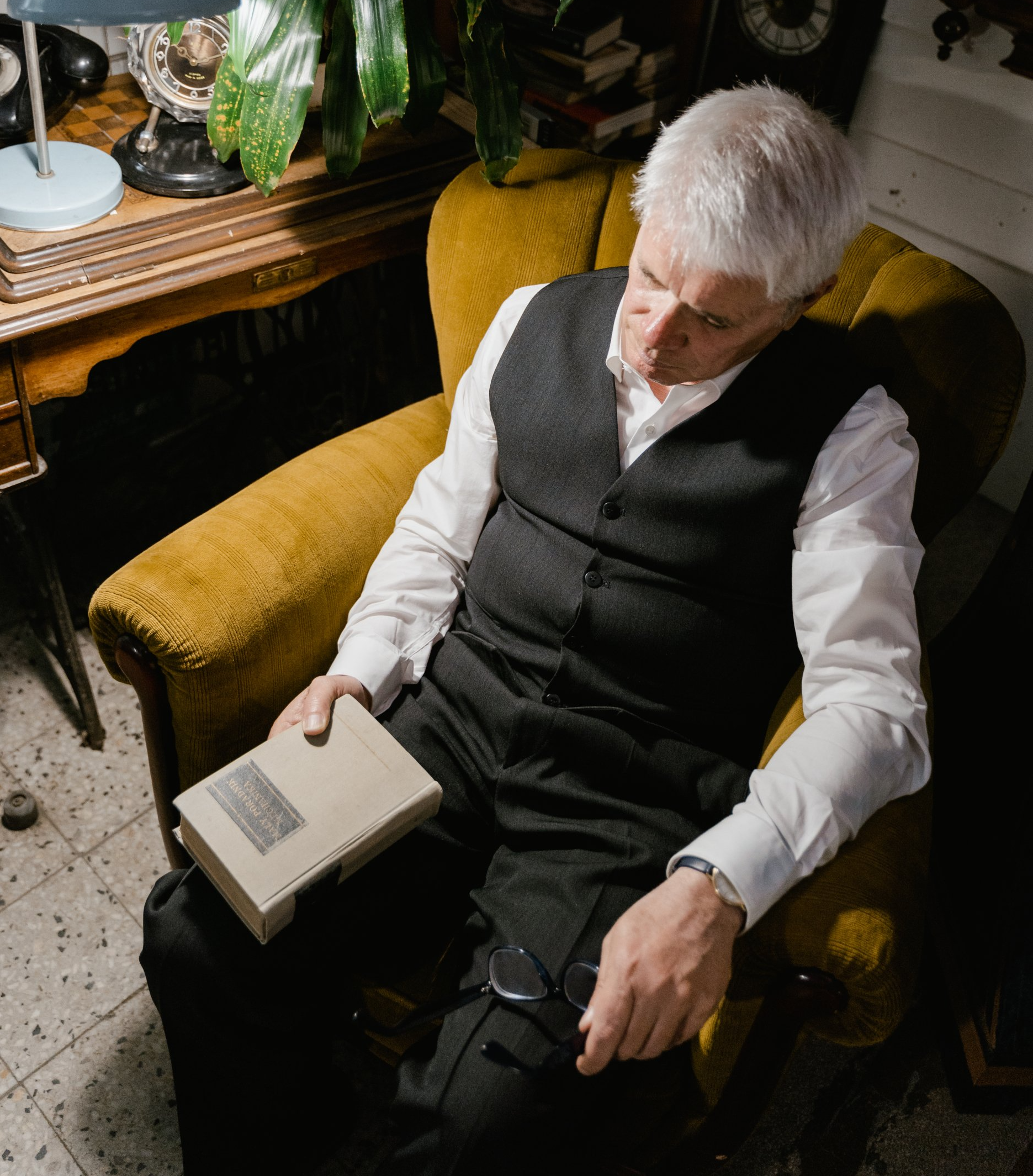Insomnia
What is Insomnia?
Insomnia can be defined as dissatisfaction or disruptions of sleep quantity or quality.
The following symptoms influence insomnia:
- Difficulty in falling asleep
- Difficulty staying asleep with frequent awakenings or problems returning to sleep
- Early morning awakening, followed by being unable to return to sleep.
It is the most common sleep complaint and may be transient or persistent, with a 1-year prevalence rate of 30% to 45% in adults. Insomnia isn't just a minor inconvenience. Mental and emotional well-being, along with physical health, are affected by this sleep disorder. Consult a healthcare professional if you suspect you have insomnia.
Peak Wellness Psychiatry provides an holistic approach to online psychiatry. We also can incorporate medications when appropriate, lifestyle modifications, nutrition, and all aspects that encompass your complete wellness. With each patient, our aim is to help you to thrive at your best by moving you from a state of every day symptom management toward optimal mental wellness!
What is Insomnia?
Insomnia can be defined as dissatisfaction or disruptions of sleep quantity or quality.
The following symptoms influence insomnia:
- Difficulty in falling asleep
- Difficulty staying asleep with frequent awakenings or problems returning to sleep
- Early morning awakening, followed by being unable to return to sleep.
It is the most common sleep complaint and may be transient or persistent, with a 1-year prevalence rate of 30% to 45% in adults. Insomnia isn't just a minor inconvenience. Mental and emotional well-being, along with physical health, are affected by this sleep disorder. Consult a healthcare professional if you suspect you have insomnia. The providers here at Peak Wellness Psychiatry are available to help you explore possible causes and to help you choose an effective insomnia treatment.
How is Insomnia Treated?
Sleeping Aids
What are Sleeping Aids?
Taking sleeping pills can help you sleep better. Some people take these medications to help them sleep when they suffer from sleep disorders such as insomnia. In addition, sleeping pills can help keep someone asleep if they frequently wake up during the night.
The following are common sleeping aids:
- Histamine receptor antagonists
- Benadryl (Hydroxyzine)
- Ramelteon (Rozerem)
- Gabapentin
- Antidepressants
- Trazodone

We provide holistic online psychiatry services to patients using a mind-body-personal development approach to help you to thrive in your best self.
Peak Wellness Psychiatry | All Rights Reserved.
Any medications listed on this site do not imply that a medication nor treatment plan will be prescribed.
We provide Integrative Psychiatry Services through Telehealth to patients throughout California and Arizona regardless of your location.
Peak Wellness Psychiatry | All Rights Reserved.

